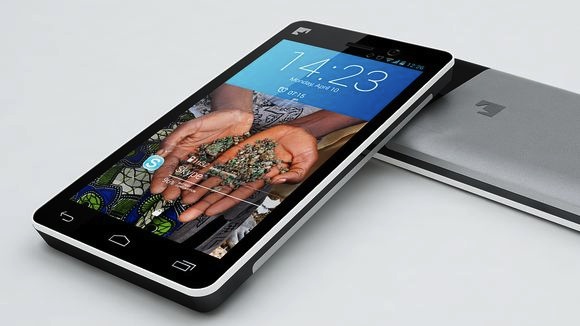Have you seen Elysium (2013) with Matt Damon? It paints the gloomy, not-so-far-from-now future—2154 year—when Earth becomes a miserable and devastated place, improper to live. Privileged citizens relocate to the artificial thriving satellite called Elysium, while Earth is reserved for the unprivileged, policed by robots… It could be a realistic scenario for the über-urban future in which nobody cares about waste management, recycling, humanity and sustainability at large.
What could these fictitious people feel after having deteriorated their home planet? Guilt. And what should we feel now when turning it into a huge miserable landfill every single day? Probably, the whole gamut of emotions, including guilt.
Nobody wants to feel guilty
Guilt is a negative, uncomfortable feeling characterized by realization of the fact of committing something wrong, especially against moral. It is a natural people’s reaction to feel guilty every time they do not recycle trash, eat unhealthy or lie. As the moral standards are changing, now it is highly questionable if we should feel good wearing fur or leather, driving gasoline cars, buying products tested on animals, ‘bloody’ diamonds or smartphones built with cheap labour.
Being a part of something unfair and consuming irresponsibly—be it information, energy, food, clothing or services—makes modern people feel guilty across the globe. This finding has fostered a new marketing trend called Guilt-Free Consumption: we want our buying decisions to be aligned with social, economical and ethical norms. As a result, consumers want sustainable and fair products from so-called guilt-free brands that genuinely care about the future.
What are guilt-free brands?
Have you ever thought about how the metal parts in your smartphone were sourced? If you’re a proud owner of an Apple device, that could be shocking for you to learn that Guardian found last year that unregulated tin mines, Apple’s suppliers, employed child labour, damaged local environment and caused 100-150 miner fatalities on average every year. Perhaps, you would feel guilty using your iPhone now, wouldn’t you?

Fairphone did it their way—ethical way. They are the first niche smartphone manufacturer that puts social values first, cares about all the stakeholders and drives the circular economy of tomorrow (learn here how.) If FairPhone is functional, well-designed, environmentally friendly, affordable, and—what’s more important—socially fair, why would you need a sweat-and-blood counterpart?
Another greatest innovation of our time is, undoubtedly, one of the brightest guilt-free brands—Tesla, an electric car created by the most prominent scientist and businessman of our days, Elon Musk. It is a fully sustainable vehicle powered by electricity aiming to kill gasoline car market eventually. The first luxury Tesla Model S successfully hit the markets of Norway, Switzerland and the Netherlands this March. The concept proved to be 100% safe, stress-, guilt- and CO2-emissions-free.

When it comes to fashion, we can’t help but feel inescapably guilty: whether we pay a fortune for a luxury leather bag made of a dead python, or buy another extra 5-dollar T-shirt or a synthetic sweater from a high street retailer. A new challenger fashion brand Honest By may diminish or eliminate the sense of guilt from buying clothing or accessories. Its founder Bruno Pieters believes that any business, including the fashion industry, must be honest, transparent and forward-thinking. He claims that Honest By is the first company in the world to share the full cost breakdown of its products. Not to mention, they use only organic durable fabrics from sustainable suppliers. Read an interview with Bruno to find out more about his guilt-free business ethos.
From consumption to co-existence: guilt-free lifestyle
What do all these brands have in common? Guilt-free brands put transparency and honesty into their core processes—from sourcing materials to production, labour management and marketing—and then recycling and giving back, making a landmark shift from linear to circular economy.
Humane and, more precisely, feminine values are at the heart of every guilt-free business, in which the mission and moral gauge of every intention is to give back, understand and sympathize the living and future generations of people.
As moral values in the society change, so do brands. If 30 years ago they shouted their coolness and sexuality, today’s status symbol is to be guilt-free, which means being avidly sustainable, visibly ethical and utterly honest. And if all businesses out there come to understand the importance of change, hopefully the human race won’t need an Elysium in some 150-year time.